Baby food - these paps are recommended according to the test
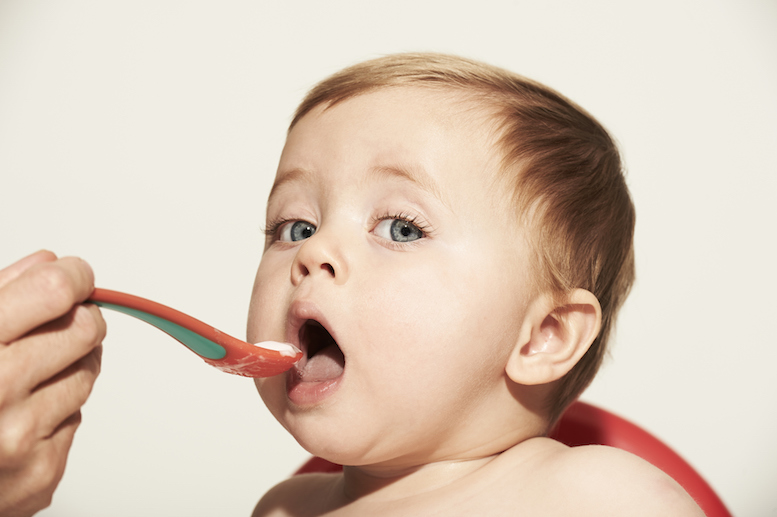
Latest news
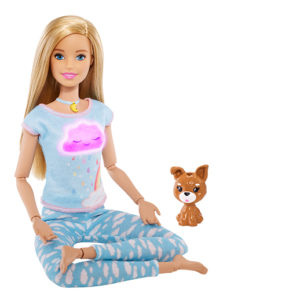
-ADVERTISEMENT- The wellness and fitness trend has arrived in the …

The fight against environmental destruction and the climate crisis are …
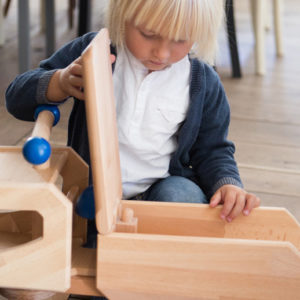
Anyone looking for new products in the field of toys, …
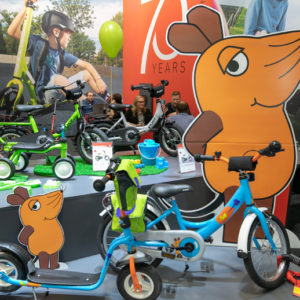
It is a market with huge dimensions and great potential. …

For companies, a social media presence has become indispensable and …

Hardly anything disturbs customers as much as waiting at the …

Research by TV station RBB has shown that some outlet …

The industry association Licensing International (formerly LIMA) has honored outstanding …

Communications manager Hannah König and managing director Stephan Schenk are …

The toy dealer wants to leave his insolvency behind him. …
Anyone who changes over to wholesome baby food after the first few months of breastfeeding will come across numerous products on the market. Öko-Test examined 17 veggie paps with meat for babies aged four to six months and tested them for problematic contents such as heavy metals and pesticides as well as for possible contamination. Luna Journal reports on the composition of the products tested in the Öko-Test.
Of the 17 veggie paps tested, six were rated “good”, seven “satisfactory”, two “adequate” and two “inadequate”. The pap was tested for ingredients, declaration defects and compounds in the pap lid. The brands Babydream (“pumpkin with rice and chicken”), Babylove (“carrots with sweet potatoes and beef”), DM Bio (“vegetables with sweet potatoes and chicken”) and Holle (“carrots, potatoes & beef, Demeter) scored “good” in the test. However, it is noticeable that all manufacturers reduced the meat content. The controlled jars only contain between 8 and 8.7 percent meat. The missing meat content is partly compensated by enrichment with iron diphosphate. However isolated iron cannot replace necessary nutrients in the meat. After all the limit value declared for it will not be exceeded. Another cause for concern is that the carcinogenic substance benzene is contained in the industrial processing of carrots and parsnips. However, these are only very low values. The most positive result: no pesticides or residues of cleaning agents or disinfectants present.
Cheap showmanship through pap labels
The addition of coloring agents, preservatives and flavor enhancers to baby food is completely prohibited in Germany. So why advertise with it? Numerous suppliers advertise their products with the above-mentioned self-evidences. A clear misleading of the customers.
Pap with a questionable lid
PVC/PVDC/colored compounds are contained in the lid of all jars examined by Ökotest. These contaminate the environment with dioxins that are harmful to health during waste disposal. However, in the current state, there would be no solution for a tight lid without chlorinated compounds.
These paps received the grade “good
The pap from the supplier “Babydream” from the manufacturer “Rossmann” for 0.65 euros per 190 grams had no deficiencies in the area of controversial ingredients or declaration. Due to the chlorinated compounds in the lid and the low meat content, the test result was rated as “good”.
The pap from supplier “Babylove” from manufacturer “DM” for 0.55 euros per 190 grams had no deficiencies in the area of controversial ingredients or declaration. Due to the chlorinated compounds in the lid and the low meat content, the test result was rated as”good”.
The pap from supplier “DM Bio” from manufacturer “DM” for 0.85 Euro per 190 grams had no deficiencies in the area of controversial ingredients and declaration. Due to the chlorinated compounds in the lid and the low meat content, the test result was rated as “good”.
The pap from supplier “Holle” from manufacturer “Holle” for 1.19 Euro per 190 grams had no deficiencies in the area of controversial ingredients or declaration. Due to the chlorinated compounds in the lid and the low meat content, the test result was rated as “good”.
Öko-Test recommends
Due to the lack of meat content in the pap, Ökotest advises to do one’s own cooking and to mash vegetables and meat. In addition, two weekly jars of fatty fish such as salmon, mackerel or herring can be offered. Here, however, the baby’s preferences must be taken into account. While some children are ready for baby food from the fifth month onwards, others sometimes are ready from their seventh month onwards.
You might be also interested in:
Stiftung Warentest tests children’s mattresses – safety standard to protect children
Öko-Test calls for children’s rubber boots free of harmful substances
Baby’s pap: Start-ups get the market moving
Link: Hier gelangen Sie zu dem Öko-Test von Babynahrung
Image: Getty Images / Plume Creative
//SB



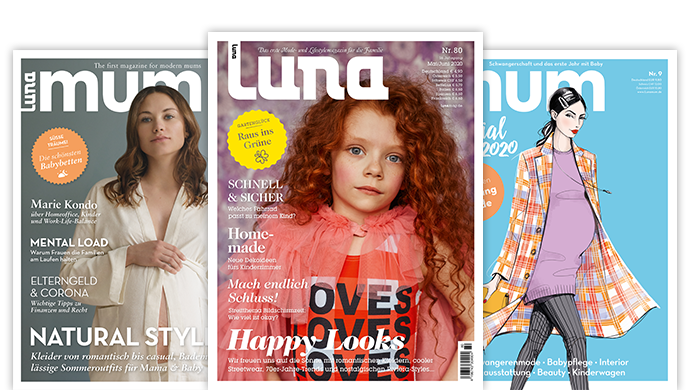
Leave a Reply